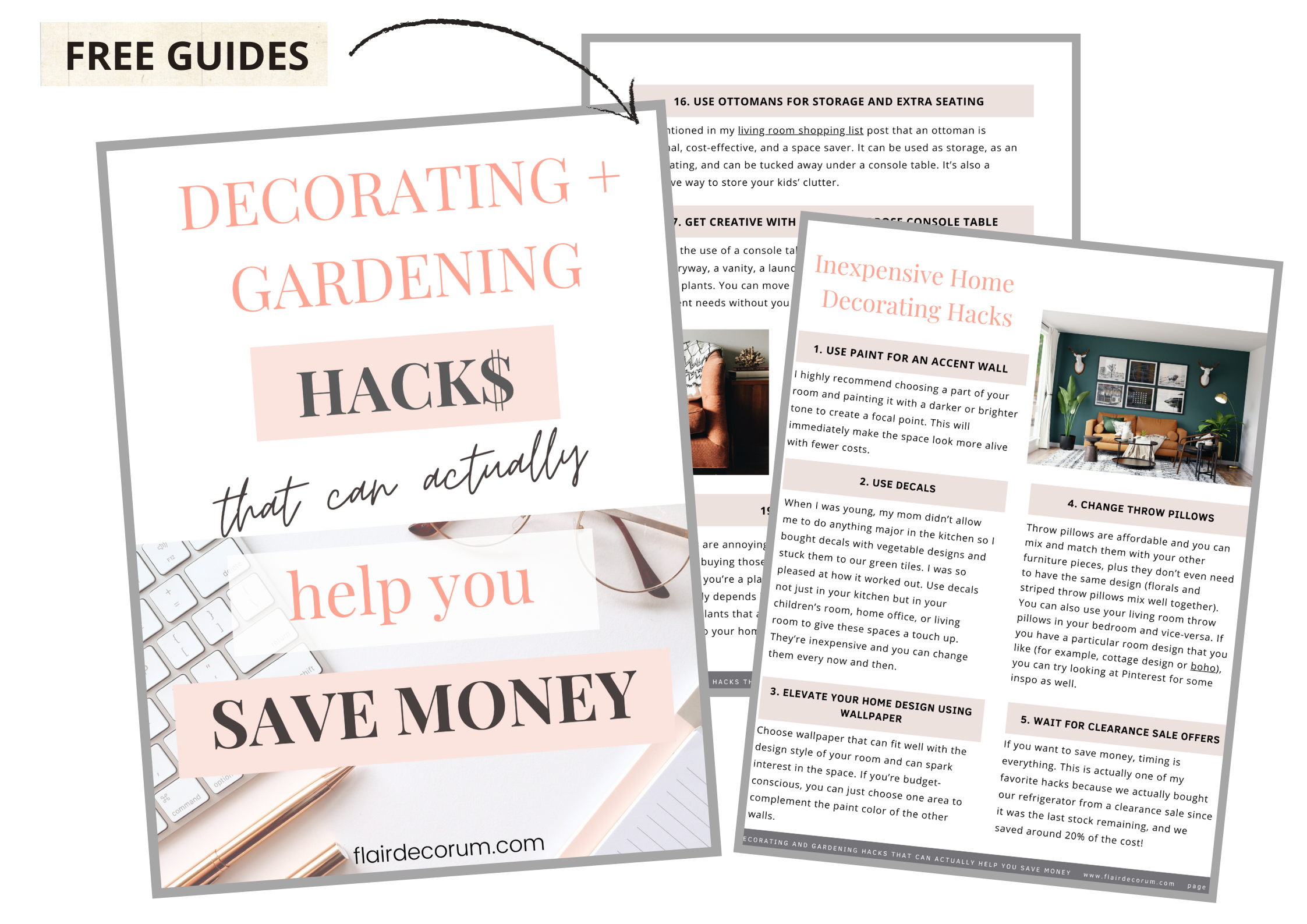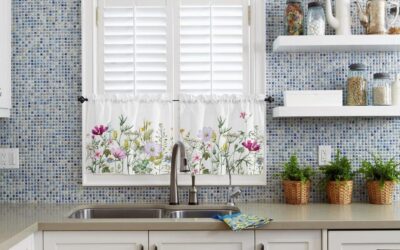Published: October 12, 2021 I APARTMENT LIVING
Budgeting is something that most of us don’t want to do because it’s time-consuming and too much work. However, knowing how to budget applies to every person who has limited amount of resources (meaning us!). To make budgeting easier, click this apartment budgeting worksheet.
WHAT IS A BUDGET AND WHY IS IT SUPER IMPORTANT?
A budget is a plan for your salary and spending (expenses). It requires careful thinking about how much of your salary is being deducted every month or over a period of time. Even if you’re living alone in a small apartment, you still need to monitor your spending.

So why should we care about our budget?
According to Lending Club, in a study conducted with 5,000 participants on Americans’ financial health in 2018, only 34% had been doing well financially. There were 31% who were carrying credit card debt. Only less than 50% paid full of their credit cards in full.
Imagine what could be the results now in 2021?
An article by CNBC.com says that while some might think that after the pandemic Americans will save more money in the long term due to changes in their spending during the pandemic (eating out vs. cooking at home or watching streaming movies vs. going to the theater), this might not be the case. This is because people were put into “a forced reality” rather than making a conscious choice to change their budget. They also may not be able to maintain those lower budgets in the long term. After the pandemic, people will most like spend a lot of money traveling again.
It’s really a mindset thing, my friend!
Also, without a plan in place, you’ll most likely spend all your hard-earned money, and nothing will be left for emergencies or for the future. Being broke isn’t cool! 🙁
Pin this post on Pinterest 🙂

HOW TO BUDGET: WHAT’S INCLUDED?
A. Savings
B. Church donation/ charity
C. Monthly expenses
- Rent, amortization, or apartment fees
- Food/ groceries/ pet food/ house stuff (plates, cups)
- Electricity
- Water
- Internet
- Cable
- Gas for cooking
- Insurance
- Home insurance
- Health insurance
- Car insurance
- Fire insurance
- Life insurance
- Transportation
- Gas for cars
- Fees (parking fees)
- Cab fare (Grabcar, Uber)/ bus fare/ train fare
- Debt payments (student loans, etc.)
- Credit card payments
- Paid apps (Netflix, HBO Go, etc.)
- Delivery services (Postmates, Uber Eats, Caviar, GrabHub, DoorDash, Swiggy, Zomato)
- Personal grooming (makeup, salon fees, hair coloring, skincare)
- Medical supplies (medicine, first aid kits, masks, alcohol, sanitizers) and COVID-19 swab tests
- Fitness club memberships
- Entertainment
- Pet grooming (if necessary)

D. Not paid monthly/ emergency bills
- Clothing
- Repairs and maintenance (includes hiring a plumber and replacement fixtures)
- Pest control services
- Home fixtures and décor
- Electronics and gadgets
- Appliances
- Pet veterinary visits
- Investments
- Travel (hotel, airfare, pocket money, dining, souvenirs)
E. Seasonal/ holiday-related bills
Holiday celebrations (food, gifts, decorations) for Easter, Thanksgiving, Halloween, Christmas, Hannukah, etc. Putting up Christmas lights can increase electricity bills.
F. Other expenses
That’s a lot, right? Need an apartment budgeting worksheet? Click here.
EASY TIPS FOR BUDGETING
1. Discipline is key!
No one can force you to spend money but yourself. If you live alone, you can set rules on how you can manage your money well. If you follow your budget consistently, it will become a habit. If you’re an online shopaholic, it would be better to turn off that notification from your online shopping app.
2. Use tools for budgeting
You can download our fillable and printable checklist or use budget apps to monitor daily or weekly spending. Android Authority has identified the best budget apps for money management. Spend at least 30 minutes reviewing your budget each week.

3. Prioritize your savings
It’s recommended by The Motley Fool to set aside at least 20% of your income to prepare for your financial needs, both short term and long term (such as for your retirement). Set aside your savings first, then manage the remaining budget for other expenses. Pay yourself first! Otherwise, if you deduct your savings last, you’ll end up with none. Your savings will be your emergency cash in case of emergency (for example, job loss). That’s why savings is right before rental expense. Living in freedom means having no debt and having money when you need it.
4. Save money by reducing electricity costs
Unplug your electrical appliances when not in use and change light bulbs to ones with a lower voltage. The most electricity-consuming appliances according to Spark Energy are central air conditioners, water heaters, refrigerators, dryers, oven ranges, and lighting.
To prevent high electricity consumption, Spark Energy suggests adjusting air conditioner and water heater temperatures, using ceiling fans, using less hot water to decrease heating costs, scheduling maintenance checks regularly, and fixing leaks immediately.
5. Try some DIY projects for your home
There are a lot of DIY tutorials out there that you can explore. The most popular DIY projects nowadays are wall art, home furniture (bed boards, tables, and cabinets), painting, and many more. Not only is it fun, you can also save lots of money from it.
6. Eat at home
You can better monitor daily expenses if you cook and eat at home and include ingredients in your grocery expenses. Dining out can be expensive, especially if you’re hungry and emotional and you pick out anything you like from the menu! Service charges and tips can also be additional expenses.

7. Try carpooling
If you have friends or colleagues living in the same area, you can go by carpool to work. This reduces parking expenses and gas.
8. Consider reducing other expenses
Do you need both cable and another entertainment app like Netflix? If you already have Netflix, you can consider not subscribing to cable TV anymore. Cosmetics have expiry dates, so buying too many makeup products that you won’t be using in the future can be a money waster. You can also try home hair treatment.
9. Don’t leave home without your grocery and shopping lists
When you go shopping without a grocery list with the cost of each item, your tendency is to add to your cart anything that you see. This will result in overspending.
10. Avoid shopping for trendy clothes
Trends go by so fast that you can only use those clothes for a short period of time, which increases your expenses. Also, if you are living in a small apartment, then it will be a challenge to store all those clothes. Instead, buy classic pieces that you can wear for a long time.
11. Prioritize needs over wants
If you don’t need it, you don’t need to buy it even if it‘s on sale. Many fall into this trap and end up not having enough money for other more important things. It’s okay to reward yourself sometimes, but don’t overdo it. You can also allocate some budget every month to reward yourself. The same is true with buying too many cups, plates, and other items for the house.
12. Don’t spend more than you earn
You’ve probably heard this so many times, but this is very true and a practical way of living. Before you receive your salary, fill up the apartment budgeting worksheet and compute if your expenses exceed your salary. Otherwise, you need to adjust your spending.
13. Avoid debt
In the Consumer Pulse Report by Canstar, a leading research agency, and Australia’s biggest financial comparison site, in 2020, it was found that only 30% of Australians saved money while people with more debt that year were at 11%. If you can, it’s better to buy appliances or gadgets in cash. If you’re still paying off your student loan and/or car loan, you can ask help from a financial adviser if it’s wise to take on additional debt. It’s recommended to finish paying outstanding debts first before taking on new ones.
In summary, living in an apartment can be both exciting and challenging! Budgeting is something you need to do in order to take care of yourself and your future financially. Learn to be disciplined. After all, it’s your hard-earned money! 🙂
Grab this first apartment budget worksheet here.









